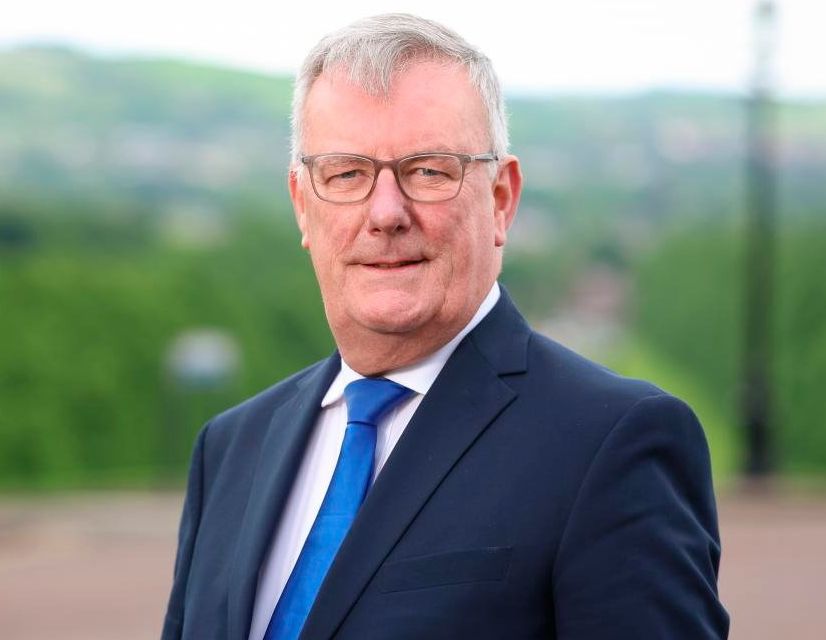Patients have been warned of a “significant disruption” to their care in the coming weeks due to a shortage of an element used in diagnosing cancers.
Radioisotopes are used in detecting the likes of prostate and breast cancer, as well as for the imaging of organ function in scans.
The shortage has been caused by a sudden global disruption to the manufacturing capacity of certain radioisotopes, which are produced by nuclear reactors.
Some of these reactors are currently out of service to allow for repair work. Two that supply the UK’s health system are expected to restart production during the second week of next month, with deliveries from these reactors set to resume in mid-November.
In a statement to MLAs, Health Minister Mike Nesbitt said his department is working with the UK Government’s Department of Health and Social Care on the issue.
Health Minister Mike Nesbitt
“I know how difficult this will be for affected patients while we face this supply issue,” he said.
“This issue is different in nature to normal supply chain problems due to the unique challenges radioisotope shortages present.
“Despite efforts to limit the impact, there will be delays for patients accessing services which rely on this affected radioisotope, with potential cancellations.
“In the most urgent cases, patients will be prioritised for care while supplies are limited. They may also be offered the necessary procedure at another hospital.”
Mr Nesbitt said it may be possible to offer patients an alternative scan in some cases.
“Clinicians will review patients on a case-by-case basis to discuss options with their patients directly,” he said.
“If any patient is concerned about their treatment, they should discuss this with their clinician at the earliest opportunity.”
Read more
SDLP health spokesperson Colin McGrath said: “I want to express my empathy for those patients and families who are facing uncertainty and distress during this time.
“It is worrying to learn of the potential delays and cancellations that may arise as a result of this shortage of radioisotopes.
“While I welcome the minister’s efforts to coordinate with the Department of Health and Social Care in London and other devolved administrations to manage this issue, it is imperative that we hold the Government accountable for ensuring that patient care is not compromised.
“That the UK relies on limited international sources for essential medical supplies seems untenable. We must have a more robust strategy to secure a reliable supply of critical medical resources here.
“I would also urge the minister and departmental officials to ensure that all patients receive clear communication regarding their treatment options.
“It is vital that medical staff engage directly with patients to discuss potential alternatives, such as different scans or procedures, to mitigate anxiety and provide reassurance during this uncertain period.
“The minister must remain open and transparent about ongoing efforts to resolve this situation and to ensure the wellbeing of patients above all else.”
